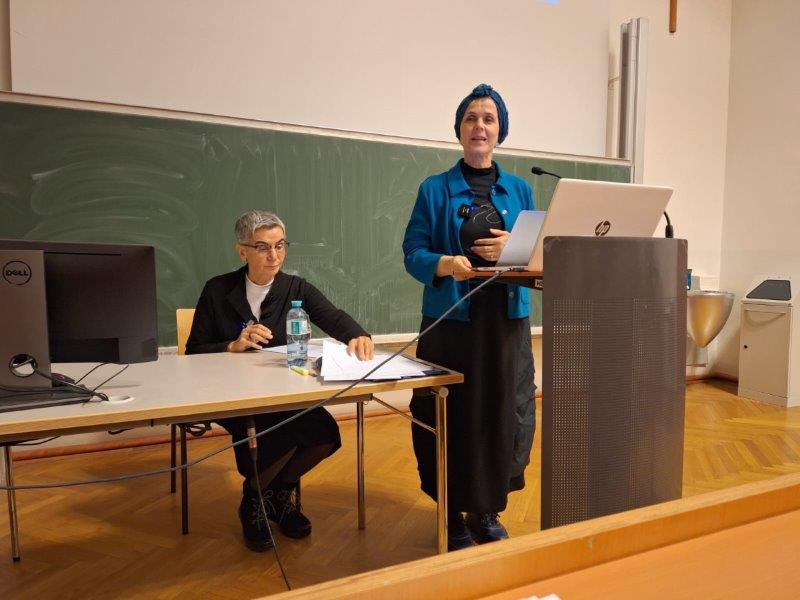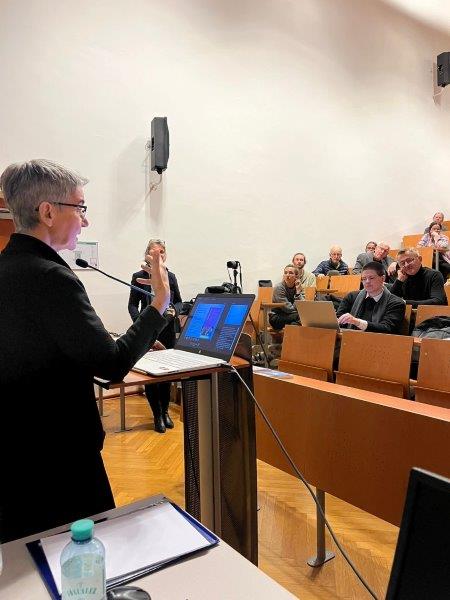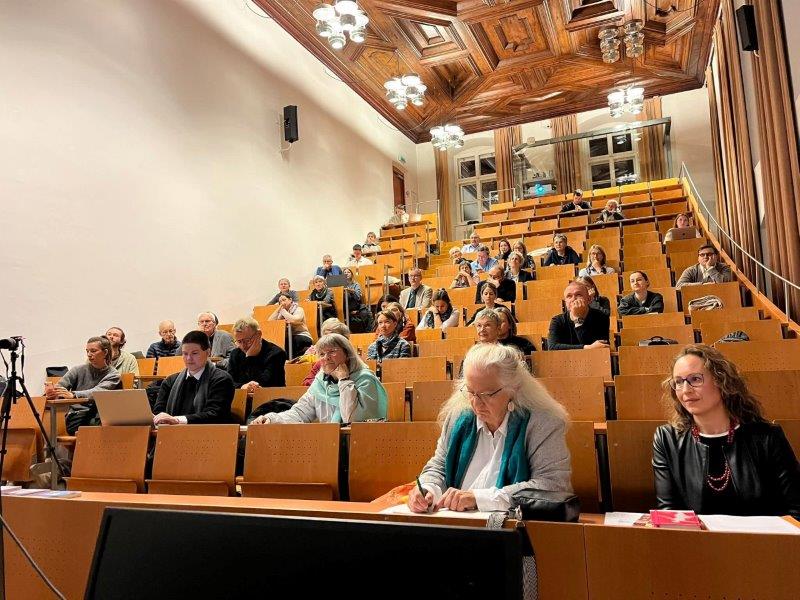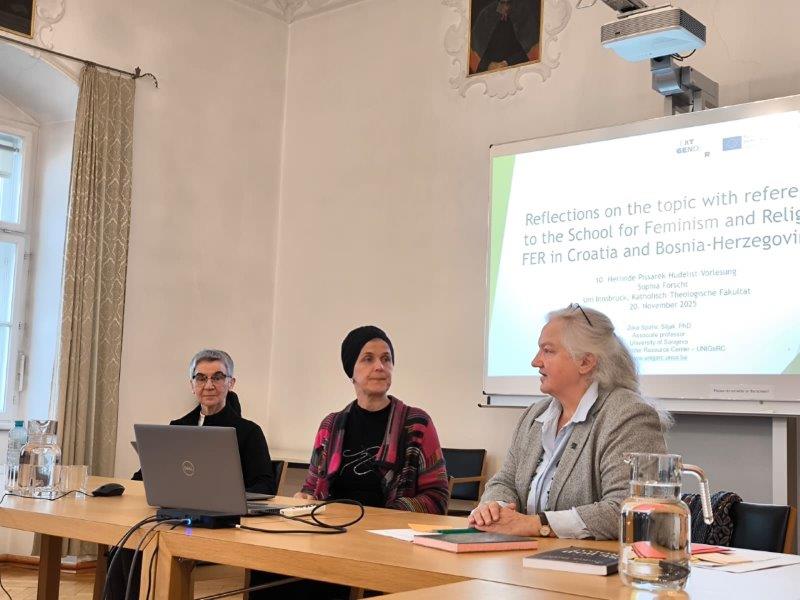At the Faculty of Catholic Theology of the University of Innsbruck, Dr. Jadranka Rebeka Anić and Assoc. Prof. Zilka Spahić-Šiljak delivered an invited public lecture on 20 November 2025 titled “Wie die Naturalisierung von Geschlechterstereotypen zu deren Beständigkeit beiträgt” (“How the Naturalization of Gender Stereotypes Contributes to Their Persistence”).





In their lecture, they referred to the Global Gender Gap Report 2020 of the World Economic Forum, which includes an analysis of the situation in 153 countries. According to this report, given the pace of progress at the time, it would take approximately 99.5 more years to achieve full global gender equality. Among the key obstacles to further progress, gender stereotypes stand out as particularly significant. The European Commission, in its Gender Equality Strategy 2020–2025, also identifies gender stereotypes as one of the main causes of inequality between women and men. To accelerate and secure long-term gender equality, a systematic deconstruction of gender stereotypes is essential.
Anti-gender movements promote a retraditionalization of gender roles, appealing to their supposedly natural, scientifically and religiously grounded basis. The lecture analyzed how gender stereotypes are discursively constructed at the intersection of secular and religious discourse, and how they are legitimized through naturalization, biologization, and sacralization. The focus was on analyzing these processes within Christian and Islamic traditions.
As part of the workshop “Zum Stand der Kontroversen um Gender in den Religionsgemeinschaften” (“On the State of Controversies on Gender in Religious Communities”), Zilka Spahić Šiljak and Jadranka Rebeka Anić delivered a lecture on 21 November 2025 titled “Überlegungen zum Thema anhand der Online-Schule für Feminismus und Religion (FER)” (“Reflections on the Topic Based on the Online School for Feminism and Religion (FER)”). They presented the FER School program, along with positive experiences, challenges, and possibilities for further development.


